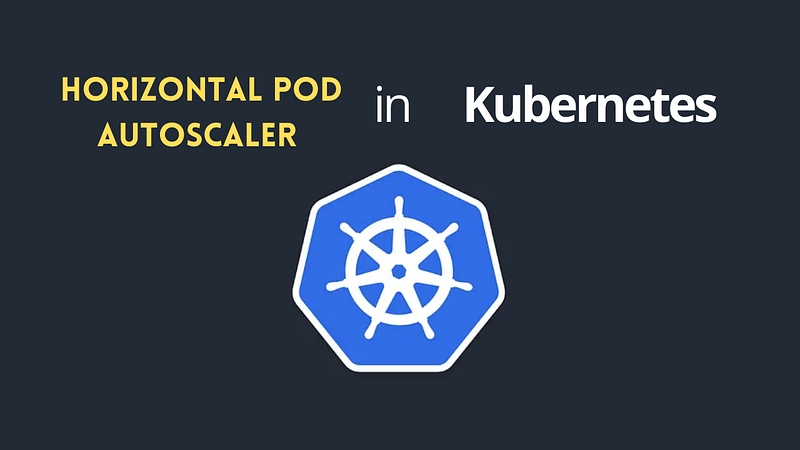Understanding Kubernetes: Part 30 Horizontal Pod Autoscaler (HPA)

📢 If you’ve been following our Kubernetes series 2025, welcome back! For new readers, check out Part 29 Service Account
What is a Horizontal Pod Autoscaler (HPA)?
A Horizontal Pod Autoscaler (HPA) is a Kubernetes resource that automatically scales the number of pod replicas in a deployment, replica set, or stateful set based on CPU, memory, or custom metrics. It ensures optimal resource utilization and cost efficiency by adjusting the number of pods dynamically.
How HPA Works
HPA continuously monitors specified metrics (e.g., CPU or memory usage) and increases or decreases the number of pods to maintain a target threshold. The scaling decision is based on data collected from the Metrics Server or external monitoring systems like Prometheus.
Use Cases
1. Auto-Scaling Based on CPU Usage
Ensuring that applications scale up when CPU load increases and scale down when demand drops.
2. Memory-Based Scaling
Optimizing resource usage by dynamically adjusting pod replicas based on memory consumption.
3. Scaling with Custom Metrics
Using external metrics (e.g., request rates, queue length) from Prometheus or an external API to trigger scaling.
4. Cost Optimization
Automatically reducing pod count during low traffic periods to save resources.
HPA Syntax
A Horizontal Pod Autoscaler is created using the following YAML configuration:
apiVersion: autoscaling/v2
kind: HorizontalPodAutoscaler
metadata:
name: webapp-hpa
spec:
scaleTargetRef:
apiVersion: apps/v1
kind: Deployment
name: webapp
minReplicas: 2
maxReplicas: 10
metrics:
- type: Resource
resource:
name: cpu
target:
type: Utilization
averageUtilization: 50Explanation:
scaleTargetRef– Specifies the target deployment (webapp) to scale.minReplicas&maxReplicas– Define the range of pod replicas.metrics– Uses CPU utilization as the scaling metric with a target of 50% usage.
Applying HPA
To apply the HPA configuration:
kubectl apply -f hpa.yamlTo check the status of the HPA:
kubectl get hpaRemoving HPA
To delete an HPA:
kubectl delete hpa webapp-hpaConclusion
The Horizontal Pod Autoscaler (HPA) is a powerful Kubernetes feature for dynamically adjusting workloads. It helps maintain application performance while optimizing resource usage.
In My Previous Role
As a Senior DevOps Engineer, I effectively utilized HPA for scaling workloads:
CPU-Based Auto-Scaling: Implemented HPA to scale backend services based on CPU spikes during high traffic periods.
Custom Metrics Scaling: Integrated HPA with Prometheus to scale pods based on request count and queue depth.
Cost Optimization: Used HPA to reduce the number of running pods in low-demand periods, improving cloud cost efficiency.
🚀 Ready to Master Kubernetes?
Take your Kubernetes journey to the next level with the Master Kubernetes: Zero to Hero course! 🌟 Whether you’re a beginner or aiming to sharpen your skills, this hands-on course covers:
✅ Kubernetes Basics — Grasp essential concepts like nodes, pods, and services. ✅ Advanced Scaling — Learn HPA, VPA, and resource optimization. ✅ Monitoring Tools — Master Prometheus, Grafana, and AlertManager. ✅ Real-World Scenarios — Build production-ready Kubernetes setups.
🔥 Flash Sale: Buy Kubernetes Course, Get Terraform FREE! Limited Time Offer!
🔥 Start Learning Now: [Join the Master Kubernetes Course + FREE Access to Terraform Course](https://cloudops0.gumroad.com/l/k8s)
Don’t miss your chance to become a Kubernetes expert! 💻✨
🚀 Stay ahead in DevOps and SRE! 🔔 Subscribe now and never miss a beat on Kubernetes and more. 🌟
🚀 Master Terraform: Infrastructure as Code
🔥 Start Learning Now: Join the Master Terraform Course
Last updated